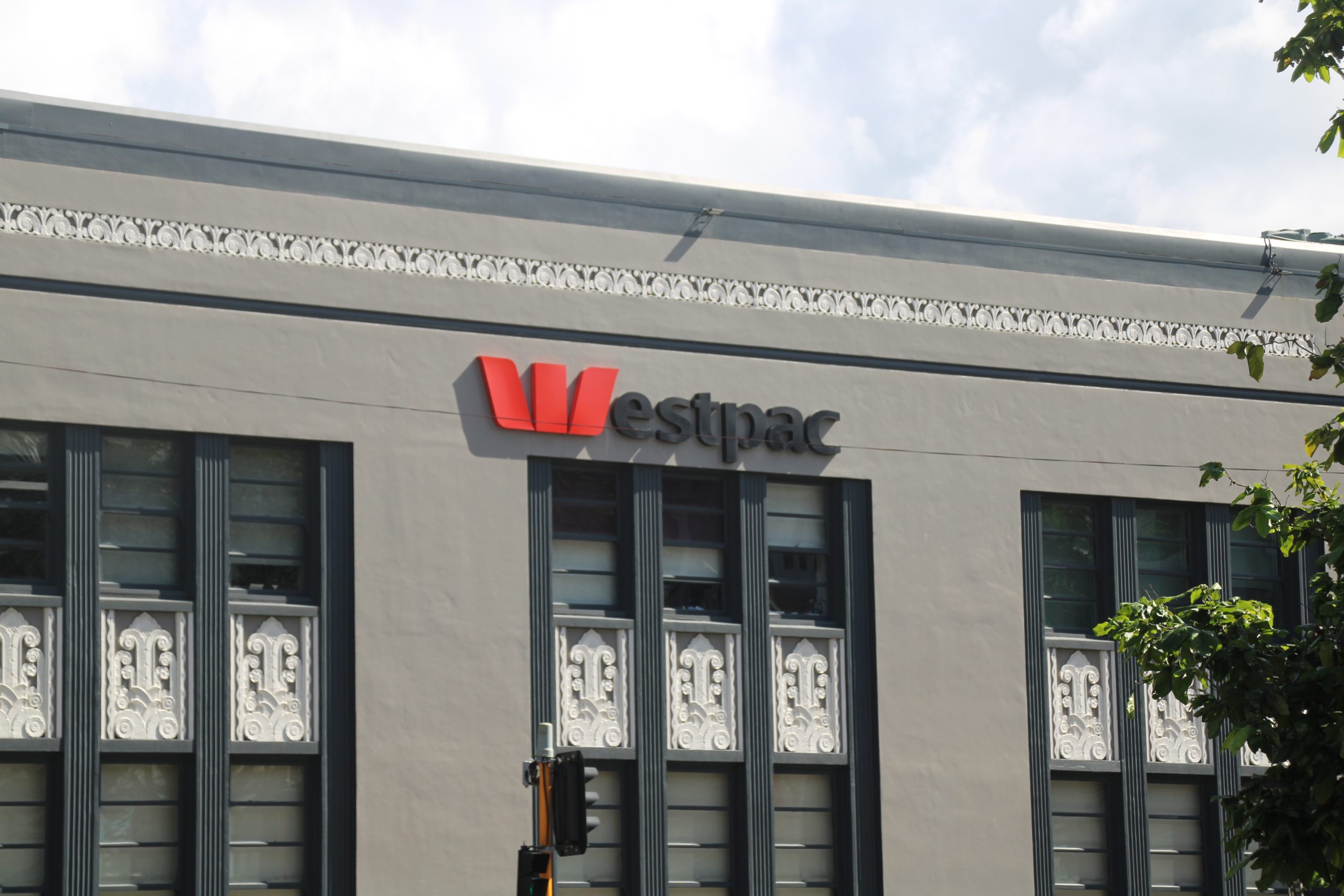Westpac has decided to maintain a presence in the South Pacific after the federal government indicated it wants to see Australian companies maintain a role in the region.
The bank told the ASX on Wednesday it will retain ownership of Westpac Bank PNG and Westpac Fiji and increase investment in the subsidiaries. This comes two years after a $420 million (US$264 million) sale of Westpac’s Papua New Guinea bank to Kina Securities was knocked back by the competition regulator in the island nation on the basis it would “limit national economic progress”.
Since the rejection, Westpac has considered alternative buyers for the banks, including French bank BRED-Banque Populaire and PNG institutions NasFund and Credit Corp, which had made earlier bids for the operation during a sales process that kicked off in 2020. More recently, the Fiji National Provident Fund has also been in negotiations to buy the banks.
However, over the past year, Westpac sources said it has received messages from Canberra that it would be desirable to maintain its operations in the Pacific, as China’s interests and influence in the region expands.
In 2022, China struck a security agreement with the Solomon Islands which served as a wake-up call to Australia and the United States. The Biden administration has also been expanding American civilian support for the Pacific region to counterbalance China’s influence.
As Westpac was preparing to sell the operations in 2020, the federal government believed the move may undermine efforts to forge greater ties with the Pacific and could provide an opening for China. In 2019, 10 Pacific nations – including Fiji and PNG – signed an economic co-operation agreement with China “to support Chinese-invested banks in operating financial business and innovative financial products in Pacific Island countries”.
In 2018, the Bank of China established a representative office in Port Moresby, which was closed in 2020. However, in June this year, Bank of China reopened the office. PNG Prime Minister James Marape said this would enhance the PNG government’s plans to strengthen and deepen the trade and investment relationship between China and PNG, according to a PNG media report.
Westpac Institutional Bank boss Anthony Miller told staff on Wednesday it now sees a commercial opportunity in PNG and Fiji.
“Westpac has a great role to play in this very important region with our ability to be a strong, stable and trusted financial partner in the Pacific,” he said in a staff email seen by The Australian Financial Review.
In PNG, Westpac will compete with Bank South Pacific, which holds around two-thirds of deposits and loans in PNG, and also Kina. Both are listed on the ASX.
“Our plans are to invest to grow Pacific banking by supporting local businesses, improving digital and service capabilities for customers, working to further strengthen our risk environment and delivering leading community programs, including on financial literacy and education,” Miller said.
Westpac will launch a new brand campaign this week in both countries “confirming our commitment to the region”, he added.
The position contrasts to 2021, when Westpac CEO Peter King told the PNG Independent Consumer and Competition Commission as it considered the Kina sale that “absent the option to divest to Kina, our only remaining option would be to continue to progressively scale down the business and seek an exit whenever possible”.
Westpac’s operations will be led by managing director of the Pacific Bank, Damien MacRae, and Fiji and PNG chief executives Shane Smith and Brett Hooker.
Westpac’s decision to hold a position in PNG and Fiji comes after Westpac has exited Hong Kong, a move also followed by National Australia Bank.
The federal government also sees Australian banks provision of remittances to the Pacific as a form of soft power that helps with the delivery of foreign aid.
Westpac has been blocked from selling its PNG and Fiji operations.\
SOURCE: AFR/PACNEWS














